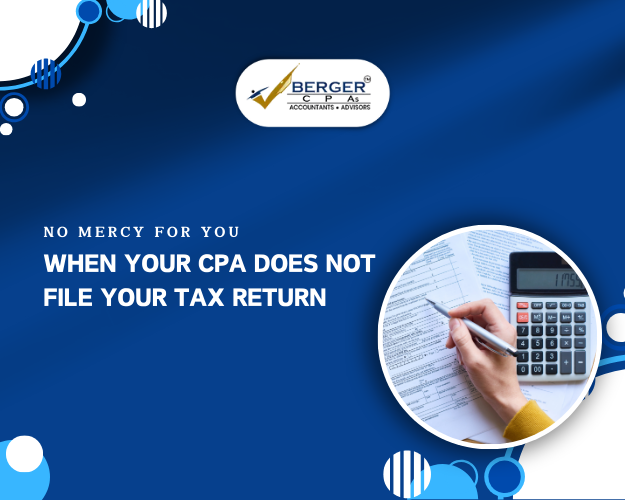
Don’t Let Your Weekend Gambling Create a Tax Nightmare
Being aware of taxes while gambling is crucial to protect your finances. This post will explain the federal income tax rules for non-professional gamblers. Here is a quick review of the federal income tax rules for non-professional gamblers.
- Your winnings are “above-the-line” taxable.
- Your losses are “below-the-line” itemized deductions and thus deductible, but (a) only to the extent of your winnings and (b) only if you itemize.
- Casinos and other payors of your winnings may have to report your winnings to the IRS on Form W-2G and send a copy to you.
Here is a situation that can help you understand the nuances of gambling taxes:
Wilson, who is married and filing jointly, wins $15,000 and loses $40,000. Two things here:
- His itemized deduction for his gambling losses is limited to $15,000.
- If he doesn’t itemize, he pays taxes on the $15,000 with no offset for his losses.
Let’s review. Wilson could pay taxes on $15,000 even though he lost $40,000.
The Bright case explains how taxes work for non-professional gamblers. Bright won several times on the slot machines during the year. As per the rules, the winnings should be reported through the IRS Form W-2G by the Casino when a player wins $1,200 or above at the slot machine. Bright’s W-2Gs for the year totaled a whopping $110,553.
Bright’s tax preparer classified him as a professional gambler and listed $240,895 of gross gambling receipts and an equal amount of losses on his Schedule C.
The conclusions of the IRS are as follows:
- that Bright was not a professional gambler;
- accepted the reported $240,895 in winnings;
- disallowed the losses; and
- asserted $68,214 in taxes plus $13,643 as an understatement penalty.
In Bright’s petition to the Tax Court, he admitted that he was a non-professional gambler claiming a gambling income of either $110,533 or nil.
What did the tax court do?
Bright did not keep any records of his gambling; hence, the court refused to reduce the gambling income of Bright, as there was no evidence that it should be less than $240,895. With the casino records and Bright’s bank statements showing no net winning that year, the court decided to cut Bright a huge break.
The casinos maintained players’ cards where the win/loss statement is recorded. Bright played at three casinos. Two of them provided annual statements, while one provided monthly statements. Using the Cohan rule, the court determined the minimum amount of Bright using the casino statements. And the court did this in a particularly favourable way for Bright: it determined separately the minimum annual losses he must have incurred at each of the three casinos where he gambled.
After adding the $110,533 shown on the W-2Gs to the losses shown on the win/loss statements, the Tax Court ruled that Bright had total losses of $191,756 that he could deduct as itemized deductions on Schedule A. That left him with $49,130 in taxable winnings for the year. The Tax Court also held that he didn’t have to pay an underpayment penalty.
All in all, Bright did about as well as he could have hoped in Tax Court. But keep this in mind: here you have a guy with no gambling winnings, no money, and a tax bill of $13,898.
The lack of proof from Bright on his losses led to the confusion. It is important for all gamblers, whether professional or non-professional, to maintain a gambling log with information like:
- Date
- Name and address (or location) of the gambling establishment
- Type of wagers you made
- Amounts you won or lost during each gambling session
- Names of any other people with you during the session
The general definition of a gambling session
It means any period of play at the same game at the same establishment for up to a day. For slot play, the IRS proposed a safe harbor for determining a gambling session: any period of continuous slot play at the same gaming establishment for up to one calendar day.
What is the Decline in Gross Receipts?
A decline in gross receipts test may not be due to COVID-19, it is mechanical. The gross receipt test delivers the maximum ERC money as it applies to the complete quarter. On the contrary, ERC partial or full government suspension money comes only from the days you were affected by the local, state, or federal lockdown or suspension order.
You are eligible for 2020 ERC of a maximum of $5,000 per employee if:
- Your 2020 quarterly gross receipts are lower than 50 percent of your gross receipts for the same calendar quarter in 2019, and
- Your 2020 quarterly gross receipts following the quarter mentioned above are below 80 percent of your gross receipts for the same calendar quarter in 2019.
Takeaways
Bookkeeping is essential for a gambler. You want to track your gambling by session because the individual winning bets do not create above-the-line taxable income. Instead, for the session, you can offset wins and losses and use the net result.
Session records are the best. If you have no record other than a win/loss statement, then the IRS and Tax Court may consider it. Suppose you have a win/loss statement showing a net loss; then adjust the loss amount. Add jackpot wins reported on the Forms W2-G to the loss amount. You will have to lose the wins to show a loss for the year.

 Client Login
Client Login





